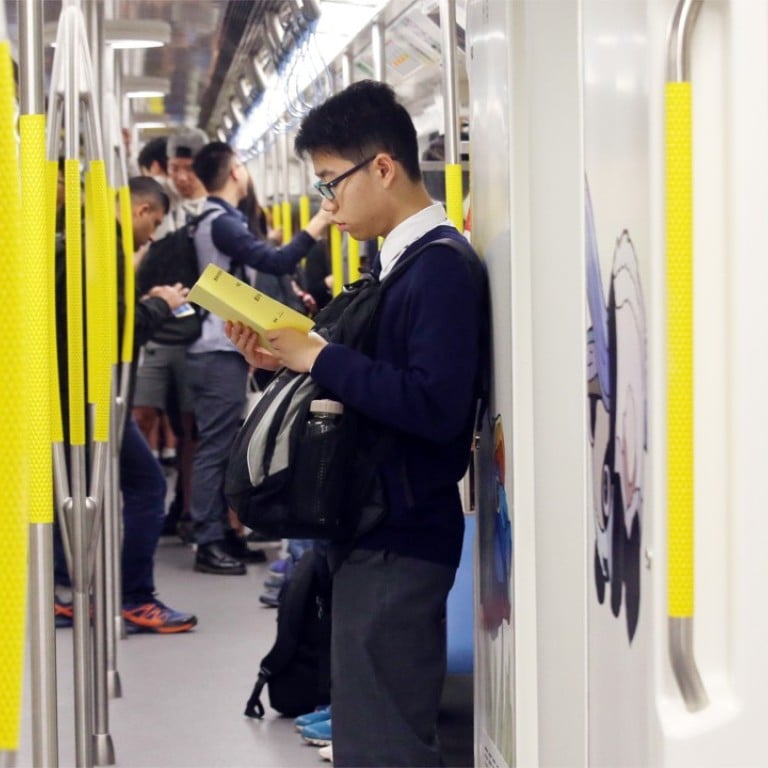
Uber and Airbnb are not the real sharing economy – think MTR, recycling and generosity instead
David Dodwell says the conversation on the sharing economy in Hong Kong should move beyond the two controversial big players to ideas about how people can collaborate to use resources more efficiently in their daily lives
The sharing economy is about organising our lives and our cities more sustainably by using our resources and services more efficiently
The idea of Uber enabling car-pooling or letting car owners earn some money on the side, or Airbnb helping families earn some money by letting out a spare room has long faded – in Hong Kong at least. I don’t agree with the Hong Kong government blocking these companies’ development, but let’s not delude ourselves that this is anything to do with the sharing economy.
But in many ways, the “sharing economy” is as old as the hills. When my father, in the wake of the second world war, rented some land from the local council as an allotment to grow vegetables, he was using a poorly exploited resource – council land – to supply our family and neighbours with extra food at a time of extreme austerity. He enjoyed gardening – just as early Uber drivers enjoyed driving – and was happy to put his spare time to good use.
In theory, Uber could indeed be part of Hong Kong’s sharing economy. Thousands of wealthy Hongkongers drive daily into town and bury their cars in an expensive car park for eight or more hours. Or they leave the car unused at home while they take a taxi or public transport to work. Those car owners could hand their vehicles over to an Uber driver, giving someone a chance to earn a living from an otherwise unused resource, and simultaneously saving on the need for parking space.
The MTR is our true champion of the sharing economy
Bicycles might work in big flat cities like Beijing or Amsterdam, but in rainy, hilly, sweaty Hong Kong, it strikes me as a fashionable, well-meaning but silly idea.
Sharing umbrellas and boots could be a good idea. However, everyone needs an umbrella at the same time and for most of the year, it goes unused. Hardly a business proposition about to set the sharing economy alight.

Just as interesting would be sharing DIY equipment. I don’t want to store a drill and the gear that goes with it, and would be happy to call someone who could lend me one for the day for a modest fee. If I am feeling lazy, perhaps I can hire a DIY guy to do the drilling for me.
What about sports facilities that sit empty between tournaments and school buildings that are largely unused through holidays? Surely these are expensive resources that should be used as intensively as possible.
Watch: ‘3,6000 tons of surplus food is discarded in Hong Kong everyday,’ says local charity
If our conversation is to be about how we use everything we have around us more efficiently, then fascinating new opportunities abound that are becoming possible with the emergence of new technologies. Let’s move beyond stale conversations about Uber and Airbnb.
David Dodwell researches and writes about global, regional and Hong Kong challenges from a Hong Kong point of view

